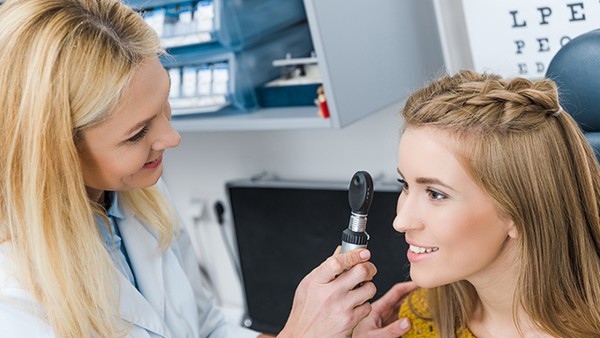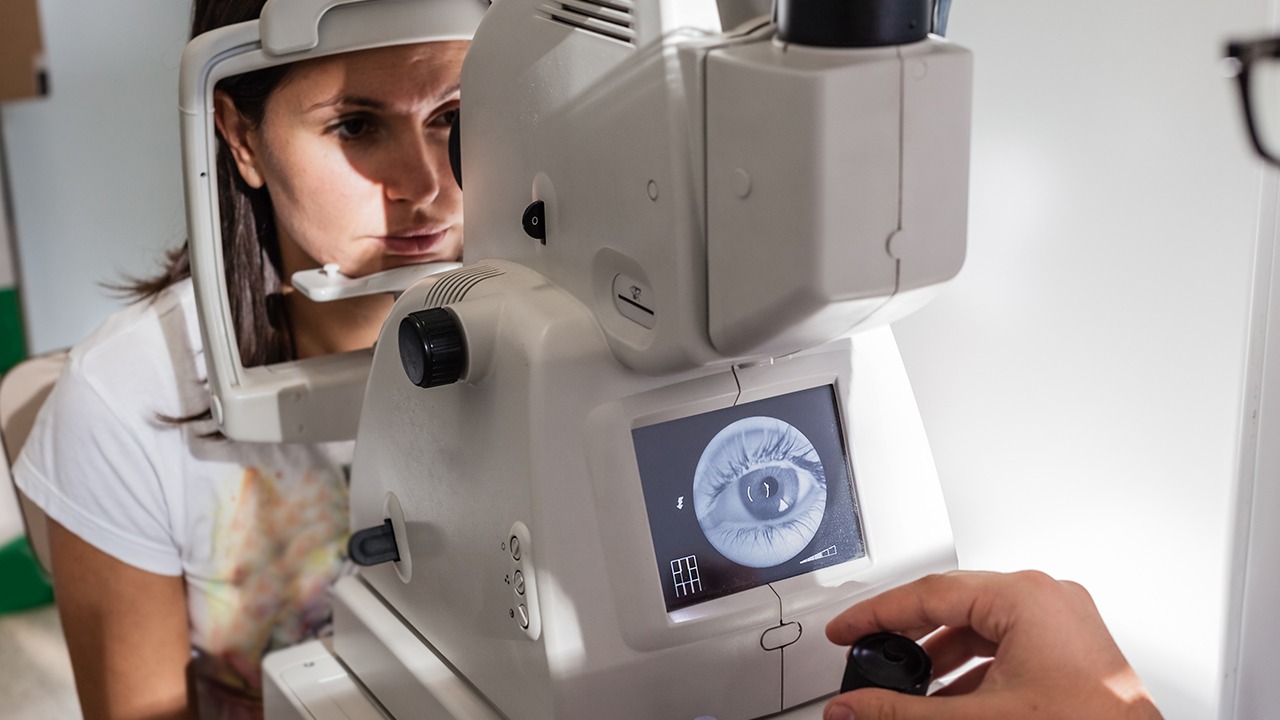What are the causes of fungal vaginitis

Causes of Fungal Vaginitis
Fungal vaginitis is a common infection of the vagina that is caused by a fungus, usually Candida albicans. Candida is a type of yeast that is normally found in small amounts in the vagina. However, when the balance of yeast and bacteria in the vagina is disrupted, Candida can overgrow and cause an infection.
There are a number of factors that can lead to an overgrowth of Candida and the development of fungal vaginitis, including:
Taking antibiotics: Antibiotics can kill the bacteria that normally keep Candida in check, allowing it to overgrow.
Pregnancy: The hormonal changes that occur during pregnancy can make women more susceptible to fungal vaginitis.
Diabetes: Women with diabetes have higher levels of sugar in their urine, which can feed Candida and promote its growth.
A weakened immune system: Women with a weakened immune system are more likely to develop fungal vaginitis.
Certain medical conditions: Some medical conditions, such as HIV/AIDS and cancer, can weaken the immune system and make women more susceptible to fungal vaginitis.
Medications: Certain medications, such as birth control pills and steroids, can disrupt the balance of yeast and bacteria in the vagina and lead to fungal vaginitis.
Tight-fitting clothing: Wearing tight-fitting clothing can create a warm, moist environment that is ideal for Candida growth.
Poor hygiene: Not keeping the genital area clean can also increase the risk of developing fungal vaginitis.
Symptoms of Fungal Vaginitis
The symptoms of fungal vaginitis can vary from mild to severe. Some women may only experience mild itching and irritation, while others may have more severe symptoms, such as:
Vaginal itching and burning
Pain during intercourse
A thick, white or yellow vaginal discharge
Vaginal soreness or swelling
Painful urination
Diagnosis of Fungal Vaginitis
Fungal vaginitis can be diagnosed with a physical exam and a vaginal culture. During the physical exam, the doctor will look for signs of inflammation and irritation in the vagina. The doctor may also take a sample of vaginal fluid to be tested for Candida.
Treatment of Fungal Vaginitis
Fungal vaginitis is typically treated with antifungal medication. Antifungal medication can be taken orally or vaginally. Oral antifungal medication is usually more effective than vaginal antifungal medication, but it can also cause more side effects.
The length of treatment for fungal vaginitis will vary depending on the severity of the infection. Most women will need to take antifungal medication for 7 to 14 days. It is important to take all of the medication as prescribed, even if the symptoms improve, to prevent the infection from recurring.
Prevention of Fungal Vaginitis
There are a number of things that women can do to help prevent fungal vaginitis, including:
Take antibiotics only when necessary: Antibiotics can kill the bacteria that normally keep Candida in check, so it is important to only take antibiotics when they are necessary.
Practice good hygiene: Keep the genital area clean and dry. Avoid using harsh soaps or douches, which can irritate the vagina and make it more susceptible to infection.
Wear loose-fitting clothing: Tight-fitting clothing can create a warm, moist environment that is ideal for Candida growth.
Eat a healthy diet: Eating a healthy diet can help to boost the immune system and make it less likely to develop fungal vaginitis.
Manage diabetes: Women with diabetes need to manage their blood sugar levels carefully to reduce their risk of developing fungal vaginitis.
Avoid smoking: Smoking can damage the immune system and make it more likely to develop fungal vaginitis.
If you think you may have fungal vaginitis, it is important to see your doctor for diagnosis and treatment.
The above is all the content that the editor wants to share with you. I sincerely hope that these contents can bring some help to your life and health, and I also wish that your life will be happier and happier.
Topic: #the #are #what- • What is the relationship between kidneys and prostate
- • What to do if the umbilical cord wraps around your neck in late pregnancy
- • How to reduce the impact of colds on the fetus during pregnancy
- • The best dietary therapy for neonatal hypoxic-ischemic encephalopathy
- • Detailed explanation of the causes of neonatal hypoxic-ischemic encephalopathy















